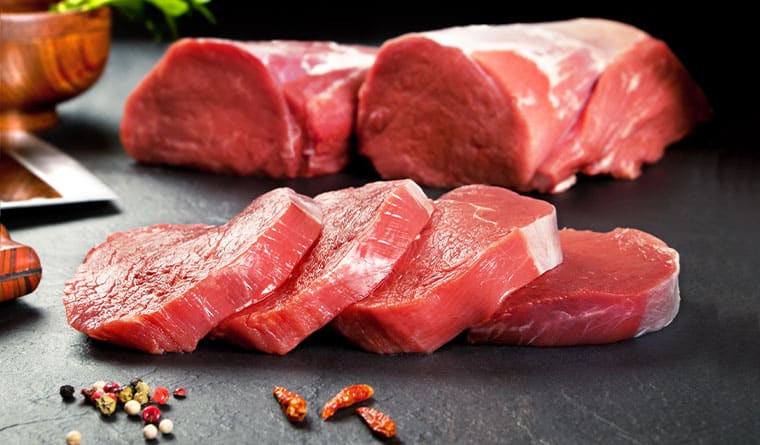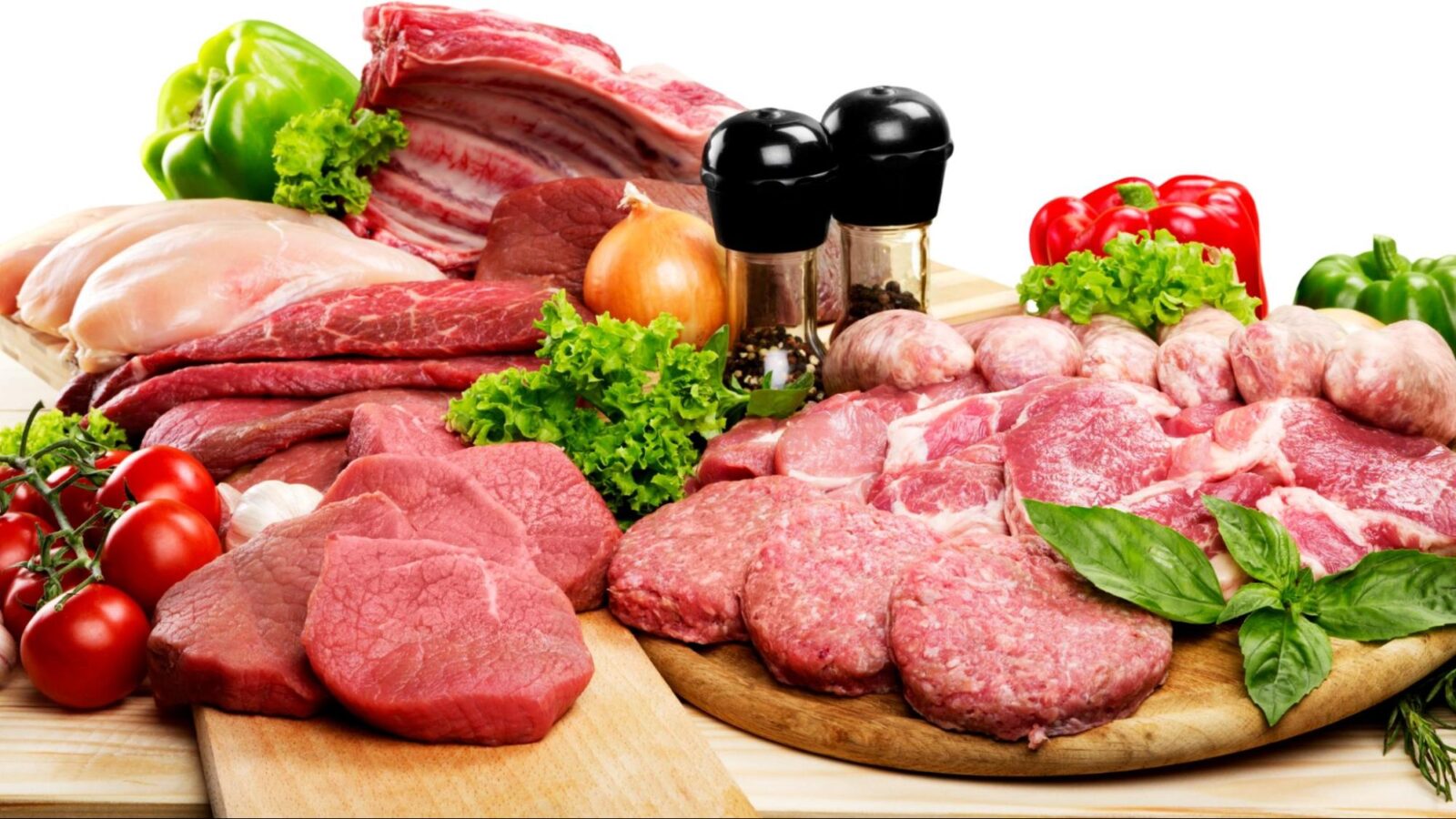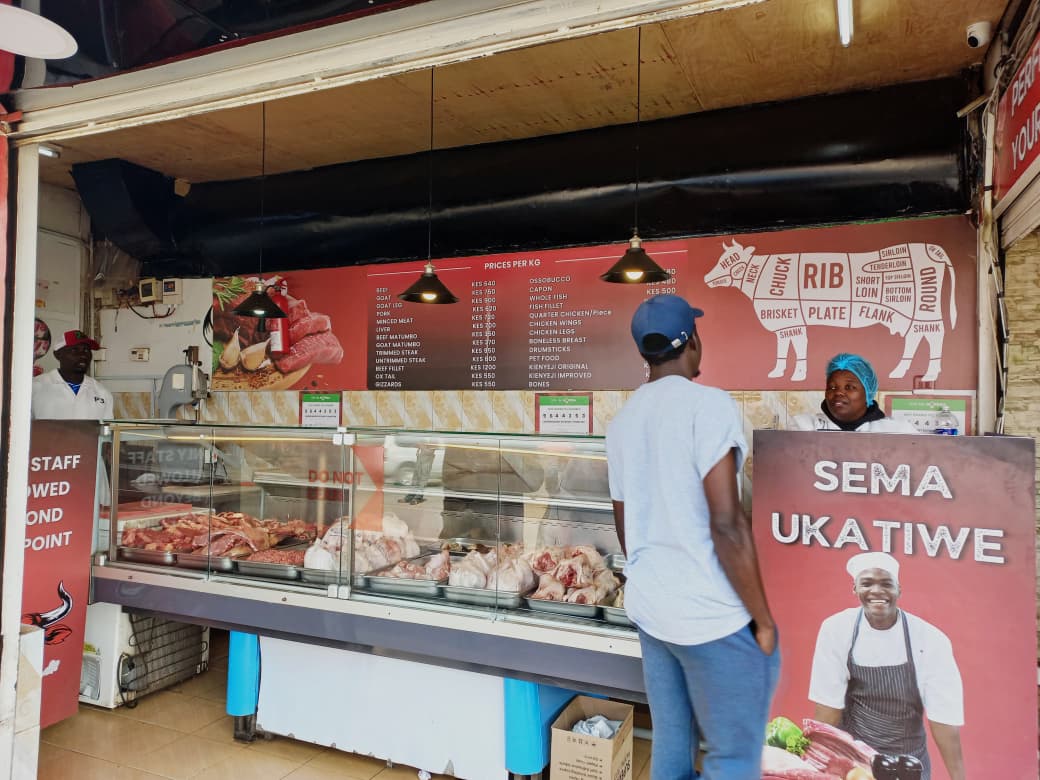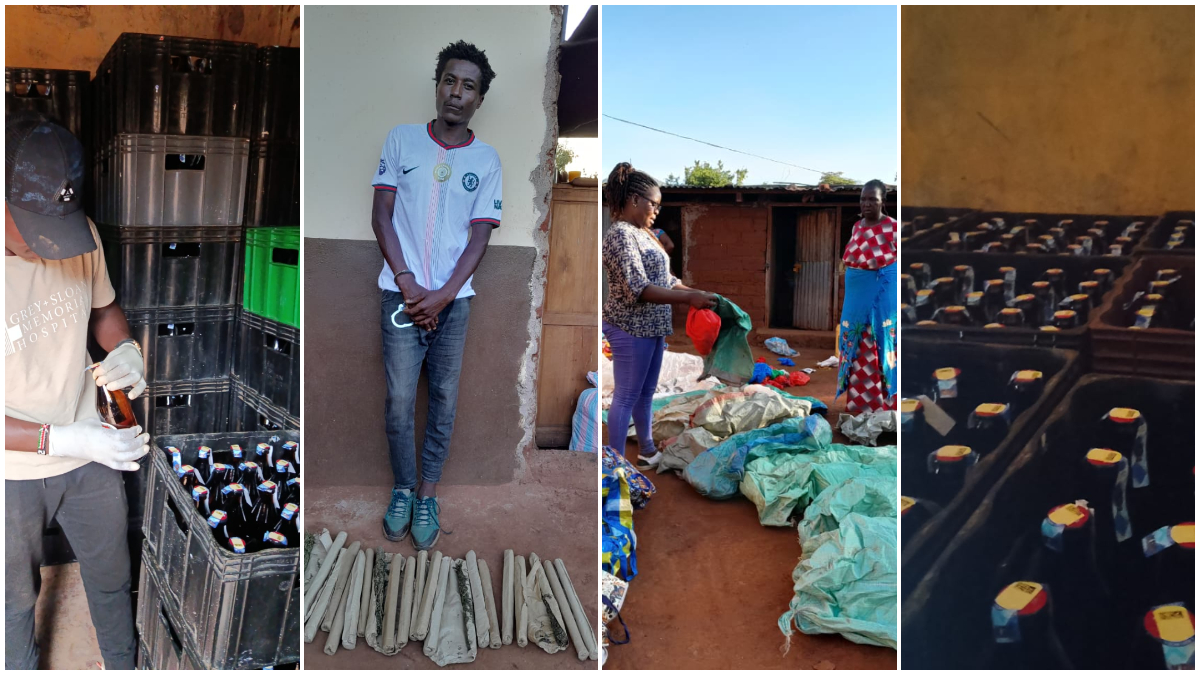Ever bought a kilo of beef only for it to look suspiciously lighter when you get home? Tuko wengi! Across Kenya, thousands of meat lovers are being quietly shortchanged at their favorite butcheries. And most don’t even know it!
Walk into any butchery and you will see the same familiar scene: red slabs hanging on hooks, the rhythmic chop of a cleaver, a butcher in a white coat shouting “karibu mteja!” and a digital scale flashing numbers. You smile, order your kilo of beef, and trust the scale to tell the truth. But sometimes, that trust is misplaced.
“I started noticing something was off when I would cook and the meat looked too little,” says Benson, a senior bachelor from Umoja. “So one day, I reweighed it at home. My ‘one kilo’ was actually 780 grams.” That small difference might sound harmless until you realize how much Nairobians lose daily to rigged scales and sneaky tricks.

According to Nairobi County’s public health department, some butcheries have been caught using tampered digital scales, often calibrated to start at a hidden negative value.
It’s a simple con. The machine looks accurate but cheats the customer by 100 to 200 grams every sale. “You can’t always tell with the naked eye,” says Joseph Kimathi, a county meat inspector. “We have found butcheries placing magnets under scales or adjusting the sensors. It is more common than people think.”
And the tricks do not end with weights. Some butchers add bones, fat, or even wet the meat before weighing to make it heavier.
Others mix cheaper cuts into premium orders or sell meat that’s been frozen, thawed, and recolored to look fresh. “You’d be surprised what happens behind those counters,” admits a butcher from Kiamaiko who asked not to be named. “Some of us do it just to survive.
The cost of meat has gone up, customers bargain hard, and the profit margins are thin. So a few tricks here and there keep the business alive.”
But experts warn these shortcuts aren’t harmless. Food scientist Dr. Anne Njoroge says selling old or chemically treated meat can expose consumers to harmful substances and foodborne diseases. “Potassium permanganate, for instance, is sometimes used to restore red color to old meat.

Some unsuspecting customers also fail to check the weighing scale per kilogram and instead only focus on the amount they ordered, like asking for meat worth 500 bob.
What they may not realize is that different cuts have different prices. This makes it easy for a dishonest butcher to sell a cut that costs 550 per kilo at the higher price of 800 per kilo, especially to customers who may not know the difference.
Kenyans are starting to wise up, though. Online forums and TikTok videos are full of people reweighing their meat at home and comparing results.
As the famous online joke goes, “Mtu wa butchery, nyama ya mia unainua shoka ya nini?” a reminder that Kenyans are finally questioning what really happens behind the counter.
Still, enforcement remains patchy. The Kenya Bureau of Standards says it regularly inspects weighing equipment, but with thousands of butcheries across the city, many slip through unnoticed.
County officials say customers can report suspicious butcheries, but few actually do. “Most Kenyans don’t want confrontation,” Kimathi adds. “They just switch shops, but the cycle continues.”
So what can consumers do? Experts advise buying from trusted butcheries that display inspection stickers, checking that scales start from zero, and observing if meat looks excessively wet or unusually red.
If possible, reweigh your meat at home. “Awareness is the first step,” says Dr. Njoroge. “If customers stay alert, dishonest traders won’t thrive.”
Not all butcheries are playing dirty, though. At Nairobi Budget Butchery, a well-known franchise for affordable quality meat, the story is different.
“We believe honesty keeps customers coming back,” says their manager. “Our scales are open for everyone to see, prices are clearly marked, and our meat is inspected daily.
Good business is built on trust.” It’s a refreshing reminder that integrity still lives behind some counters.
At the end of the day, that kilo of beef tells a bigger story, one about trust, survival, and the silent hustles of a city where every shilling counts.
The butcher smiles, you pay, the scale blinks, and somewhere between the chop and the pan, Nairobi’s most delicious con continues to sizzle.
ALSO READ: Gov’t to construct 10,000 affordable housing units, 14 markets in Busia County – President Ruto












